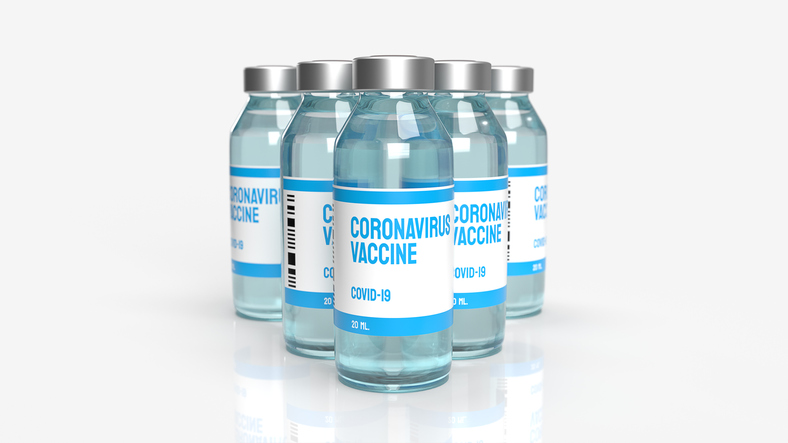“The vast majority of dialysis patients infected with COVID-19 maintained antibodies for at least 6 months, a new study found.
In a prospective analysis of over 2,000 adults on dialysis, 93% of seroprevalent patients reached an assay detectable response — a SARS-CoV-2 receptor-binding domain (RBD) IgG index value of 1 or higher — and maintained this level throughout a 6-month follow-up, reported Shuchi Anand, MD, of Stanford University in California, and colleagues.
On top of that, 60% of patients had IgG index values of 10 or greater — classified as high — the group wrote in Annals of Internal Medicine. Of these patients, 76% maintained this antibody level throughout the 6-month follow-up.”
Read more, here.







